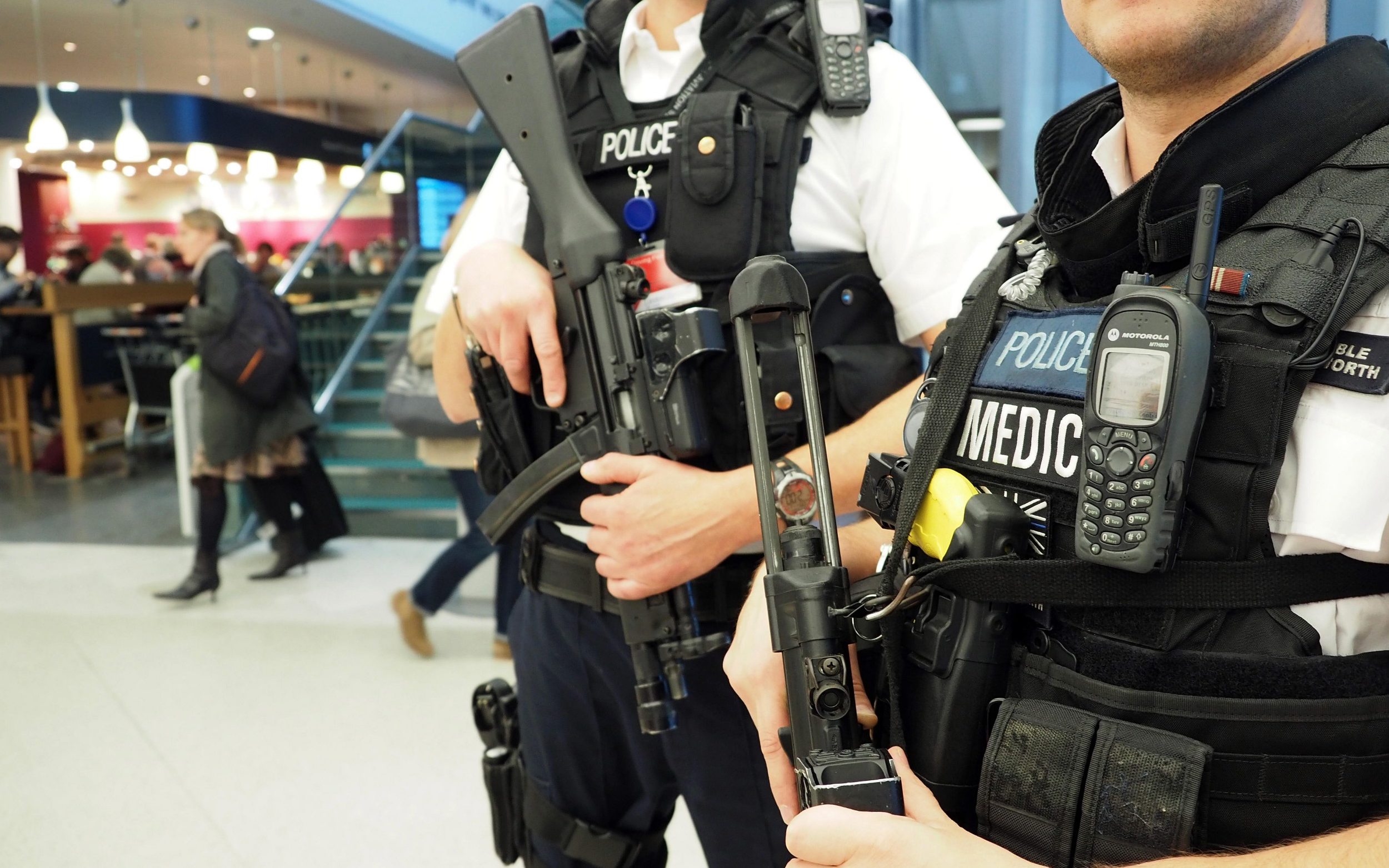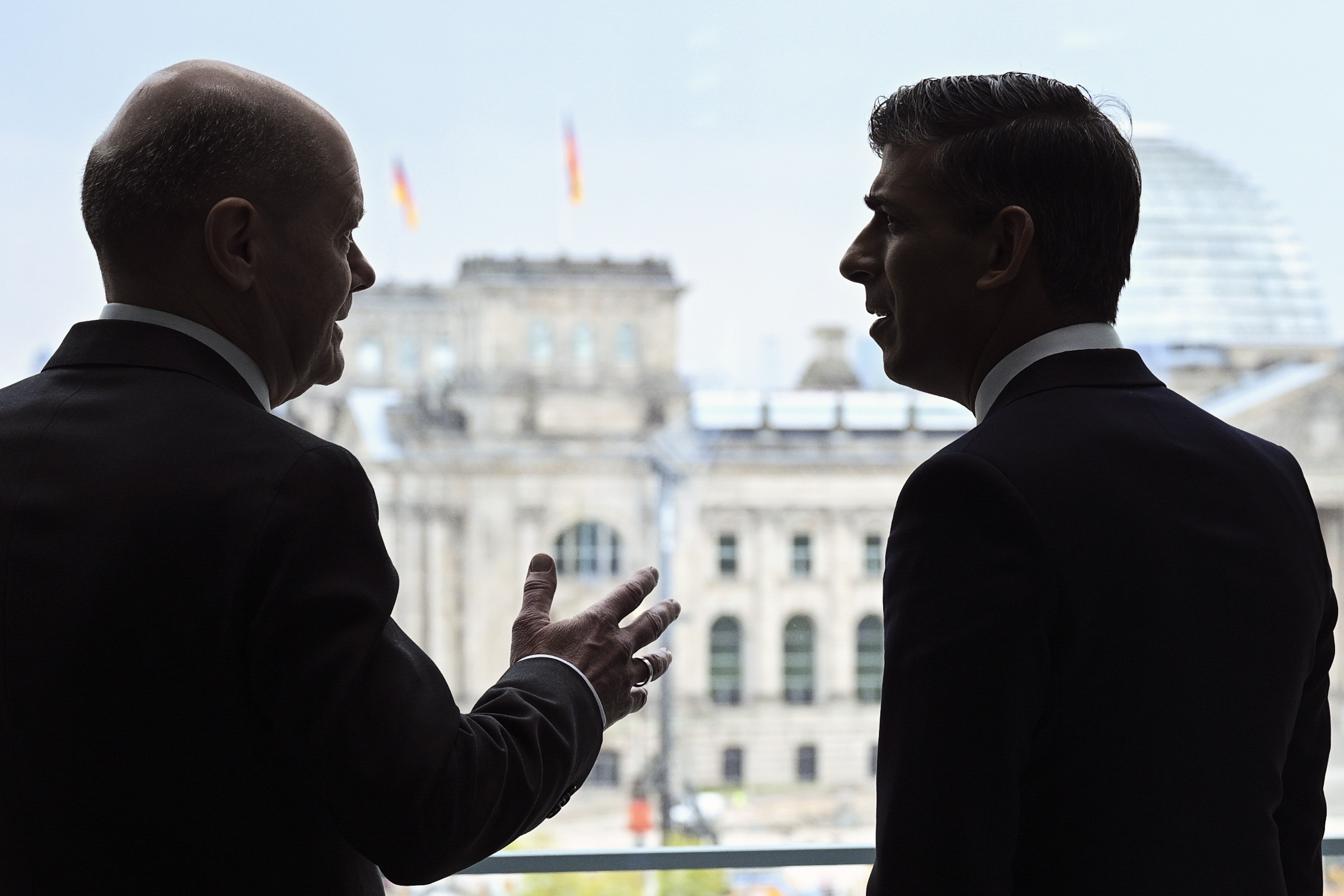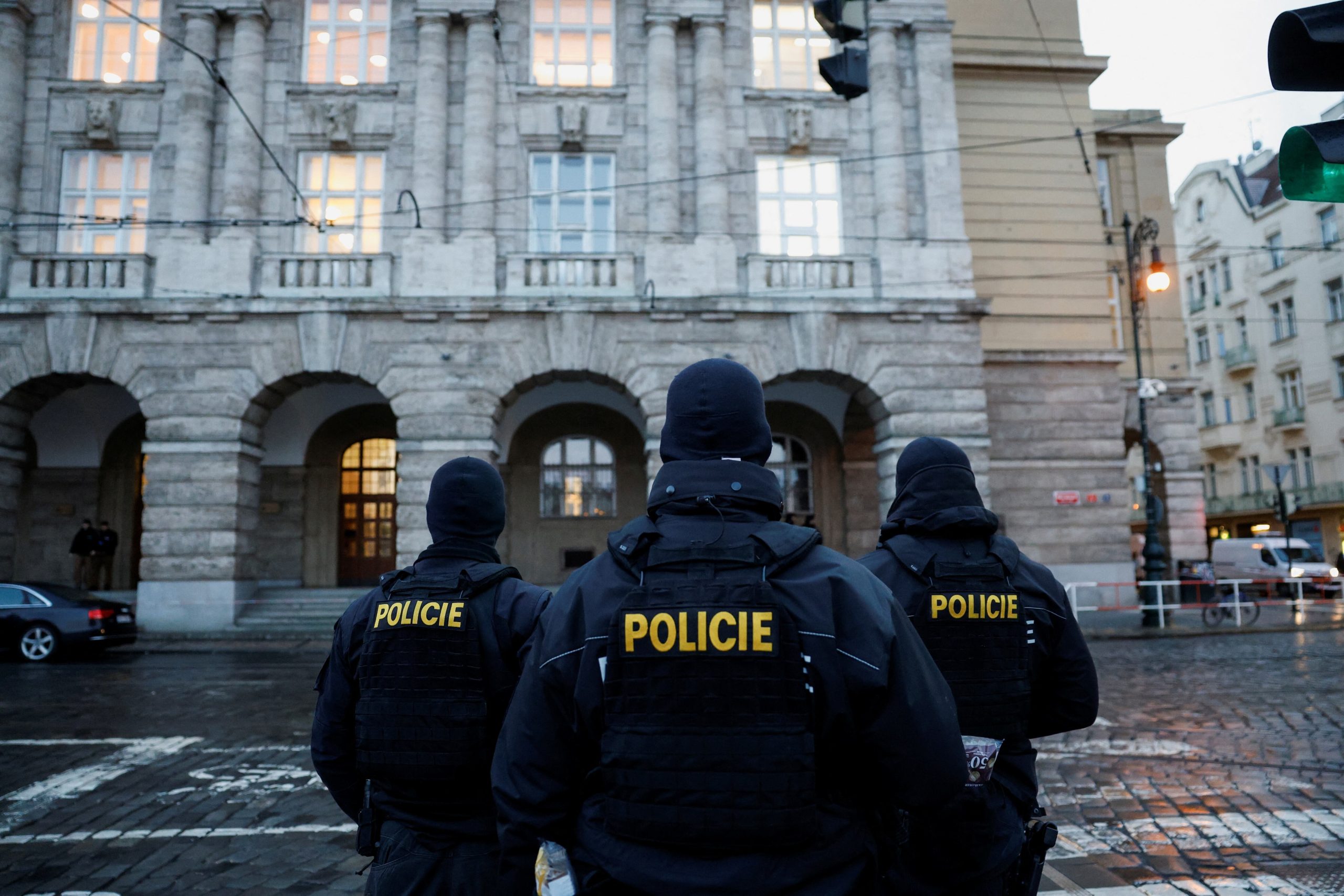European Centre for Counterterrorism and Intelligence Studies, Germany & Netherlands – ECCI
Greenpeace’s easy access to the Sunak home should be a serious wake-up call
CAPX – Oliver Dowden has been a busy man this week. He’s been all over the studios talking about the first ever public release of the UK’s National Risk Register. This government tome lists and quantifies all the current big threats to the UKs security, how likely they may be and what’s being done to combat them.Timing is everything, however. And just as we digested this gleaming worry-fest, Greenpeace drove a battery-powered coach and horses through it.
Let me explain: two of the risks identified in Dowden’s register are ‘the assassination of a high profile public figure’ and ‘strategic hostage taking’. On the scale of likelihood and severity that dictates the response, both scenarios are relatively low down the pecking order. The chance of a hostage-taking is assessed at just 1%; the assassination risk is much higher, at over 25%, but the potential impact assigned to both potential events is ‘limited’.
Given the ease with which eco-activists invaded their family home yesterday morning, this slice of actuarial science will be of limited comfort to the Sunak family – and, indeed, to North Yorkshire Police. And while Greenpeace themselves offer no threat of violence, the fact they were able to breach such a site so easily will surely have piqued the interest of far more nefarious actors.
To recap, at 8am on Thursday Greenpeace released pictures of four activists draping Sunak’s home in black fabric to protest at the Government’s plans to issue new licences for North Sea oil exploration. Police were clearly taken by surprise. After a five-hour stand-off and negotiation, the protestors voluntarily descended and were promptly arrested.
Now, you might just see this as a bunch of tree-huggers playing an elaborate prank when they knew the PM and his family were abroad. That’s true, up to a point. But the serious point is that violent terrorists are on the lookout for any weaknesses.
Which brings us back to Dowden’s risk register. Hostage-taking and assassination might be near the bottom of the risk register, but Thursday’s shenanigans suggest we ought to be taking both scenarios a lot more seriously. Nor are they necessarily to be viewed as separate threats; Islamists in particular take hostages to kill them. Taking a high-profile hostage to execute them for political impact may seem fanciful, but the history of terror attacks is littered with ‘never events’ coming true – and operationally weak agencies being compromised.
That point is even more pertinent in a world where an often viciously polarised political discourse – on identity, religion, race and, indeed, the environment – can drive people to extremes and mobilise fanatical belief systems. And one in which, right across the ideological spectrum, high-profile figures are being demonised and othered by propagandists. Hostage-taking of high-profile people in a liberal democracy is therefore a ‘rational’ choice for terrorists, especially when the list of available targets grows far wider than any realistic possibility of police protection.
Moreover, in contrast to, say, the Israeli security services, the UK’s hostage doctrine prioritises negotiation, not immediate force. That widens the pool beyond the deluded few who embrace martyrdom for the cause. The fact that such events are mercifully rare cannot be taken as read for the future.
Remember too that in January 2020 we came within seconds and millimetres of a prison officer being taken hostage to be murdered in a high security prison by Islamist fanatics. The poor officer was hardly high-profile, yet his demise would have broken the rule of law inside prison. This should also have been a ‘never event’ in one of the most surveilled places in the country, holding some of the greatest national security risks in western Europe. Yet it was only avoided by luck and the bravery of fellow officers, not by contingency planning.
So when Mr Dowden says the risk register shows the Government and its partners are ‘ready for anything’, we may take that boast with at least a smidgen of salt. For what the astonishing security breach suggests is that, far from being ready, North Yorkshire Police were still in bed as the PM’s home was compromised by the might of four eco-warriors and some rope. Would law enforcement have been any more ready had those people been in possession of weapons and explosives? Can we be sure that such an entry would have been impossible had the Sunak family been at home?
Mike Tyson famously said that ‘everyone has a plan until they get punched in the mouth’. Controlling the risk of terrorism is a dynamic process but it has to survive off the page to be any use. So, while the new national risk assessment is a sophisticated attempt to set these out as ‘reasonable worst-case scenarios’ and show control measures, the Greenpeace spectacular shows again that even sophisticated plans are only as good as the people creating them.
I am well used to being told by agencies that if only I knew what the professionals did, my views on risk and reality would change. If you’ll permit a personal aside, that assertion would hold more water if I hadn’t been personally involved in a piece of work on terrorist risk which I know changed the Government’s joint terrorism assessment centre view quite considerably, on the basis of my nosy and persistent questioning.
Of course we need to rely on professional judgment on the threats we face based on information that we will never see. I know dozens of great people working with huge uncertainty to do just that. But we should never avoid being sceptical and asking questions especially when reality shines a light. Because when terrorists punch you in the face, you tend to stay punched.




